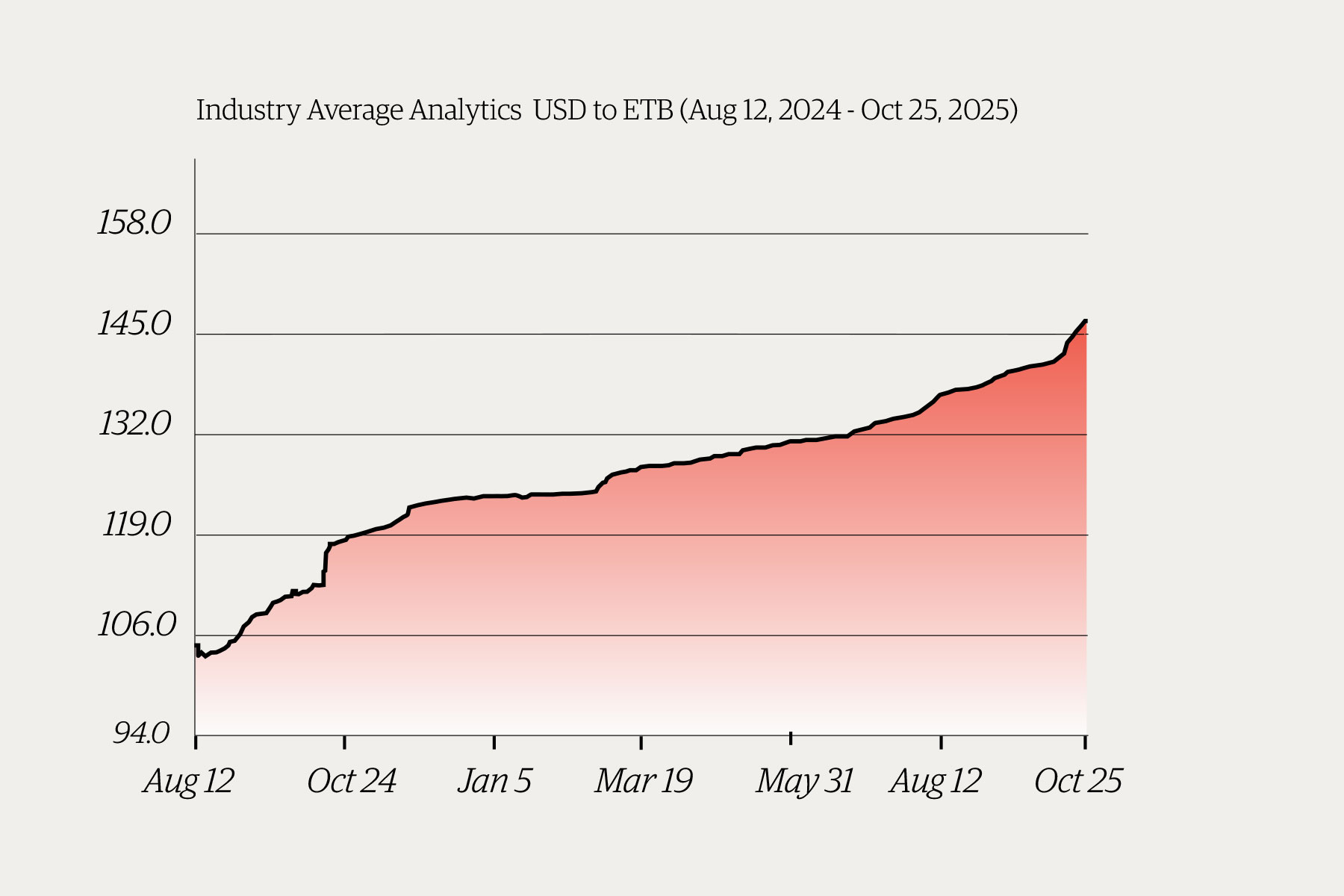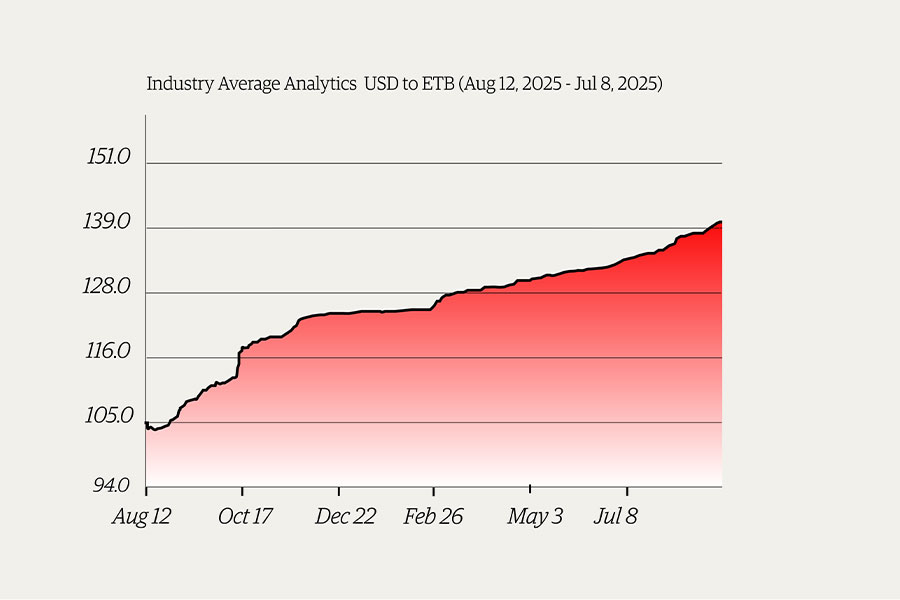
Money Market Watch | Oct 26,2025
The central bank has enabled foreign currency retention account holders to sell forex to commercial banks through negotiation.
Previously, the banks have been buying foreign currency from retention account holders with a buying rate set by the National Bank of Ethiopia's daily foreign exchange indicative rate.
The amendment aims at encouraging exporters to bring foreign currency, according to Yinager Dessie (PhD), governor of the National Bank of Ethiopia.
“It will also enable banks to gain more foreign exchange from the account holders, who will be encouraged by the new rate," Yinager told Fortune.
The directive, which repealed the prior law issued four years ago, becomes effective on February 15, 2019.
Even though the new procedure allows transactions through negotiation, the directive sets limits on premiums of what banks can add, and that figure may not exceed the selling rate. The selling and buying rates maintain two percent differentials.
There is a need to amend the directive to create a clear computation among banks, according to the directive signed by Yinager.
It was a decade ago when the National Bank issued a new directive for the regular recipients of foreign exchange remittance and exports of goods and services to open retention accounts at any of the commercial banks. The account holders are only able to use the money to finance direct business and current payments such as the import of goods, promotion and subscription fees, and the settlement of external loans.
Prior to the issuance of the directive, the recipients of foreign currencies can open two types of retention accounts. In one they can keep up to 10pc of their earnings for an indefinite period. A separate account holds the remaining 90pc, and account holders have 28 days to use the hard currency, at which time it is converted to Birr.
The new directive amended the restriction by raising the indefinite holding retention figure to 30pc and reducing the other account to 70pc.
Addisu Habba, president of Debub Global Bank and head of Ethiopian Bankers Association, believes that the new setup will undermine the income of banks from foreign exchange dealings and increase export revenue at the expense of banks' income.
Abdulmenan Mohamed, a banking expert, expects the new directive will have a positive effect on the Banks.
"It will enable banks to retain customers as they will be able to supply them with forex," said Abdulmenan.
PUBLISHED ON
Feb 23,2019 [ VOL
19 , NO
982]

Money Market Watch | Oct 26,2025

Fortune News | Jul 06,2025

Radar |

Radar | Aug 03,2019

Radar | Dec 17,2022

Radar | Nov 07,2020

Fortune News | Oct 27,2025

Radar | Sep 23,2023

Money Market Watch | Sep 14,2025

Radar | Aug 30,2025

Dec 22 , 2024 . By TIZITA SHEWAFERAW
Charged with transforming colossal state-owned enterprises into modern and competitiv...

Aug 18 , 2024 . By AKSAH ITALO
Although predictable Yonas Zerihun's job in the ride-hailing service is not immune to...

Jul 28 , 2024 . By TIZITA SHEWAFERAW
Unhabitual, perhaps too many, Samuel Gebreyohannes, 38, used to occasionally enjoy a couple of beers at breakfast. However, he recently swit...

Jul 13 , 2024 . By AKSAH ITALO
Investors who rely on tractors, trucks, and field vehicles for commuting, transporting commodities, and f...

Oct 25 , 2025
The regulatory machinery is on overdrive. In only two years, no fewer than 35 new pro...

Oct 18 , 2025
The political establishment, notably the ruling party and its top brass, has become p...

Oct 11 , 2025
Ladislas Farago, a roving Associated Press (AP) correspondent, arrived in Ethiopia in...

Oct 4 , 2025
Eyob Tekalegn (PhD) had been in the Governor's chair for only weeks when, on Septembe...